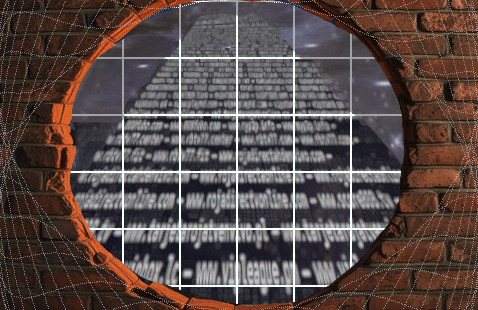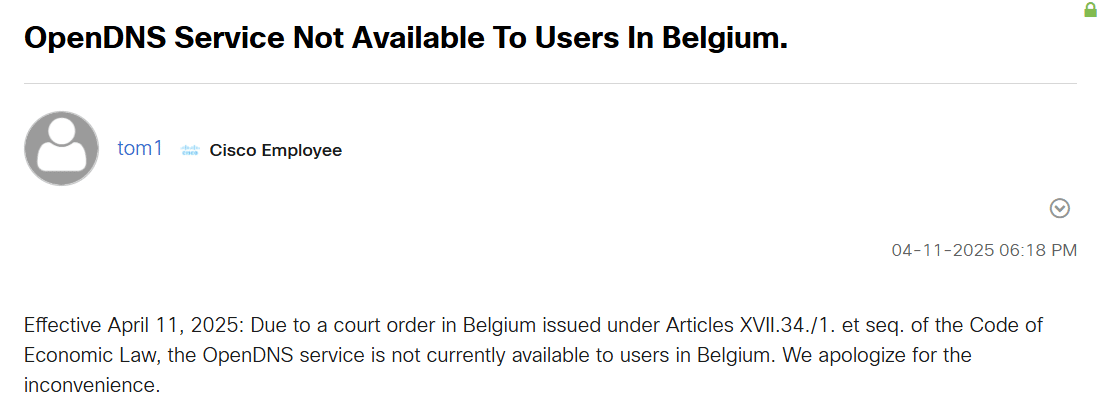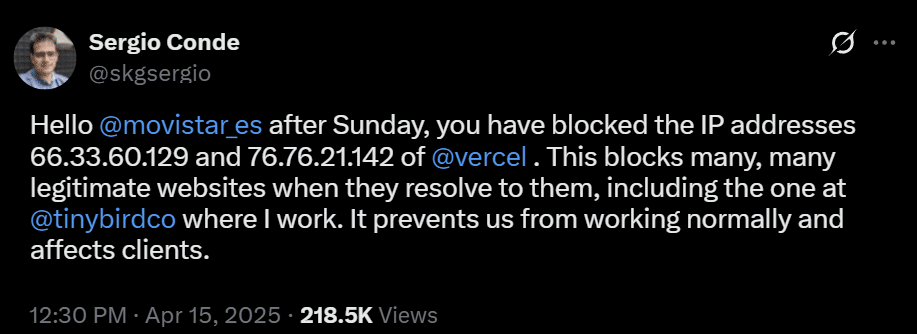A lawsuit filed in February accuses Tesla of remotely altering odometer values on failure-prone cars, in a bid to push these lemons beyond the 50,000 mile warranty limit:
https://www.thestreet.com/automotive/tesla-accused-of-using-sneaky-tactic-to-dodge-car-repairs
The suit was filed by a California driver who bought a used Tesla with 36,772 miles on it. The car’s suspension kept failing, necessitating multiple servicings, and that was when the plaintiff noticed that the odometer readings for his identical daily drive were going up by ever-larger increments. This wasn’t exactly subtle: he was driving 20 miles per day, but the odometer was clocking 72.35 miles/day. Still, how many of us monitor our daily odometer readings?
In short order, his car’s odometer had rolled over the 50k mark and Tesla informed him that they would no longer perform warranty service on his lemon. Right after this happened, the new mileage clocked by his odometer returned to normal. This isn’t the only Tesla owner who’s noticed this behavior: Tesla subreddits are full of similar complaints:
https://www.reddit.com/r/RealTesla/comments/1ca92nk/is_tesla_inflating_odometer_to_show_more_range/
This isn’t Tesla’s first dieselgate scandal. In the summer of 2023, the company was caught lying to drivers about its cars’ range:
https://pluralistic.net/2023/07/28/edison-not-tesla/#demon-haunted-world
Drivers noticed that they were getting far fewer miles out of their batteries than Tesla had advertised. Naturally, they contacted the company for service on their faulty cars. Tesla then set up an entire fake service operation in Nevada that these calls would be diverted to, called the “diversion team.” Drivers with range complaints were put through to the “diverters” who would claim to run “remote diagnostics” on their cars and then assure them the cars were fine. They even installed a special xylophone in the diversion team office that diverters would ring every time they successfully deceived a driver.
These customers were then put in an invisible Tesla service jail. Their Tesla apps were silently altered so that they could no longer book service for their cars for any reason – instead, they’d have to leave a message and wait several days for a callback. The diversion center racked up 2,000 calls/week and diverters were under strict instructions to keep calls under five minutes. Eventually, these diverters were told that they should stop actually performing remote diagnostics on the cars of callers – instead, they’d just pretend to have run the diagnostics and claim no problems were found (so if your car had a potentially dangerous fault, they would falsely claim that it was safe to drive).
Most modern cars have some kind of internet connection, but Tesla goes much further. By design, its cars receive “over-the-air” updates, including updates that are adverse to drivers’ interests. For example, if you stop paying the monthly subscription fee that entitles you to use your battery’s whole charge, Tesla will send a wireless internet command to your car to restrict your driving to only half of your battery’s charge.
This means that your Tesla is designed to follow instructions that you don’t want it to follow, and, by design, those instructions can fundamentally alter your car’s operating characteristics. For example, if you miss a payment on your Tesla, it can lock its doors and immobilize itself, then, when the repo man arrives, it will honk its horn, flash its lights, back out of its parking spot, and unlock itself so that it can be driven away:
Some of the ways that your Tesla can be wirelessly downgraded (like disabling your battery) are disclosed at the time of purchase. Others (like locking you out and summoning a repo man) are secret. But whether disclosed or secret, both kinds of downgrade depend on the genuinely bizarre idea that a computer that you own, that is in your possession, can be relied upon to follow orders from the internet even when you don’t want it to. This is weird enough when we’re talking about a set-top box that won’t let you record a TV show – but when we’re talking about a computer that you put your body into and race down the road at 80mph inside of, it’s frankly terrifying.
[…]
Laws that ban reverse-engineering are a devastating weapon that corporations get to use in their bid to subjugate and devour the human race.
The US isn’t the only country with a law like Section 1201 of the DMCA. Over the past 25 years, the US Trade Representative has arm-twisted nearly every country in the world into passing laws that are nearly identical to America’s own disastrous DMCA. Why did countries agree to pass these laws? Well, because they had to, or the US would impose tariffs on them:
https://pluralistic.net/2025/03/03/friedmanite/#oil-crisis-two-point-oh
The Trump tariffs change everything, including this thing. There is no reason for America’s (former) trading partners to continue to enforce the laws it passed to protect Big Tech’s right to twiddle their citizens. That goes double for Tesla: rather than merely complaining about Musk’s Nazi salutes, countries targeted by the regime he serves could retaliate against him, in a devastating fashion. By abolishing their anticircuvmention laws, countries around the world would legalize jailbreaking Teslas, allowing mechanics to unlock all the subscription features and software upgrades for every Tesla driver, as well as offering their own software mods. Not only would this tank Tesla stock and force Musk to pay back the loans he collateralized with his shares (loans he used to buy Twitter and the US predidency), it would also abolish sleazy gimmicks like hacking drivers’ odometers to get out of paying for warranty service:







